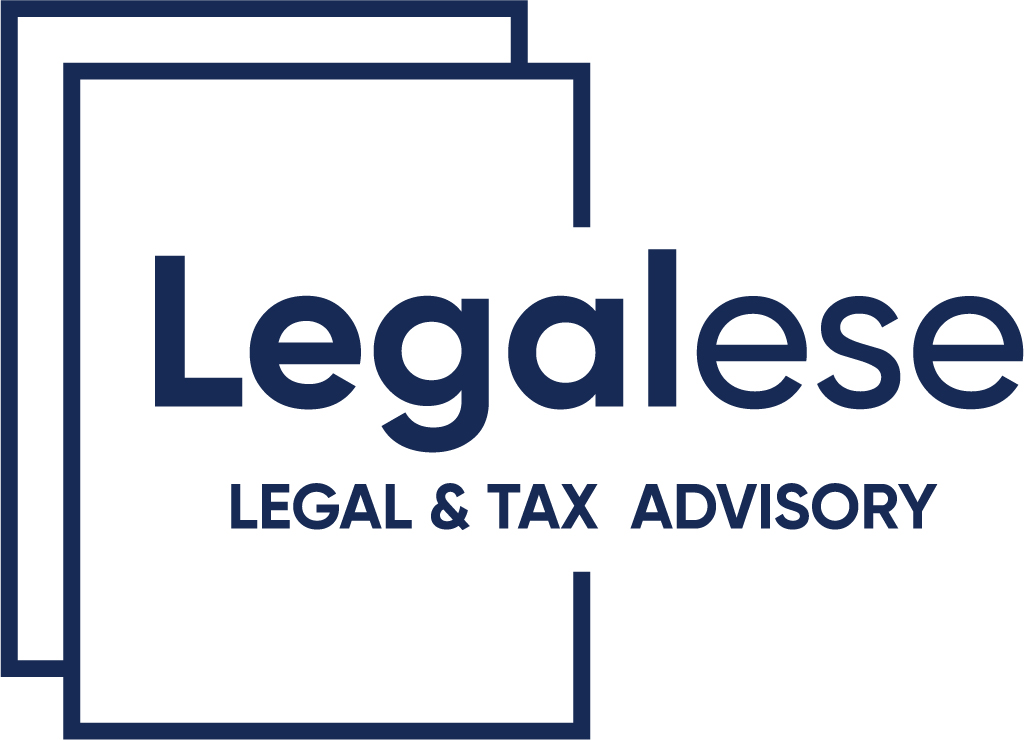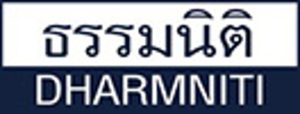Understanding Income Taxation in Thailand
At Legalese, we recognize the importance of navigating the complexities of taxation law in Thailand. Below is an overview of income taxation for both businesses and individuals in the Thai jurisdiction:
1. Corporate Income Tax (CIT)
Corporate income tax (“CIT“) pertains to all juristic entities operating within Thailand, whether domestic or foreign. Domestic corporations are taxed on their worldwide income, whereas foreign corporations are taxed solely on income generated within Thailand. The standard CIT rate stands at fixed 20% of net profits. Notably, certain entities, such as international transportation companies, associations, and foundations, are taxed based on gross receipts rather than net profits.
2. Personal Income Tax (PIT)
For individuals, personal income tax (“PIT“) applies to income derived from both domestic and foreign sources. Under the Thai Revenue Code, individual taxpayers fall into distinct categories, with assessable income further divided into eight categories. Taxable income is determined post-deductions of allowable expenses and allowances. PIT rates for taxable income are progressive rate and range from 5% to 35%.
3. Value-Added Tax (VAT)
VAT is an indirect tax, collected at each stage of production, distribution, or service provision. Operators levy VAT on goods or services sold to consumers (Output Tax), deducting VAT paid to other operators for goods or services purchased (Input Tax). The resulting balance is remitted to the Thai Revenue Department. Ultimately, VAT is borne by consumers, with operators serving as tax collectors on behalf of the Thai Revenue Department. VAT rate currently is fixed 7% of the value of goods or services purchased.
4. Specific Business Tax (SBT)
SBT is imposed on certain types of businesses that provide services whose “value added” is difficult to define. Such businesses are considered to be outside the VAT system and therefore are not subject to VAT. SBT is computed on monthly gross receipts, at the applicable rate stipulated in the law. Operators residing outside Thailand may be liable to SBT if they carry on business through a place of business, an agent, a representative, or an employee residing in Thailand.
5. Stamp Duties
Stamp duty is levied on 28 classes of instruments specified in the Stamp Duty Schedule of the Thai Revenue Code e.g., powers of attorney, letters of credit, cheques, bills of lading, memorandum of association of limited companies, articles of association of limited companies, and partnership contracts. The rates vary according to the nature or content of the instrument.
6. Other Taxes and Duties
Beyond the above, Thailand imposes various other taxes and duties, including Customs Duties, Excise Tax, Property Tax, Signboard Tax, etc.
















